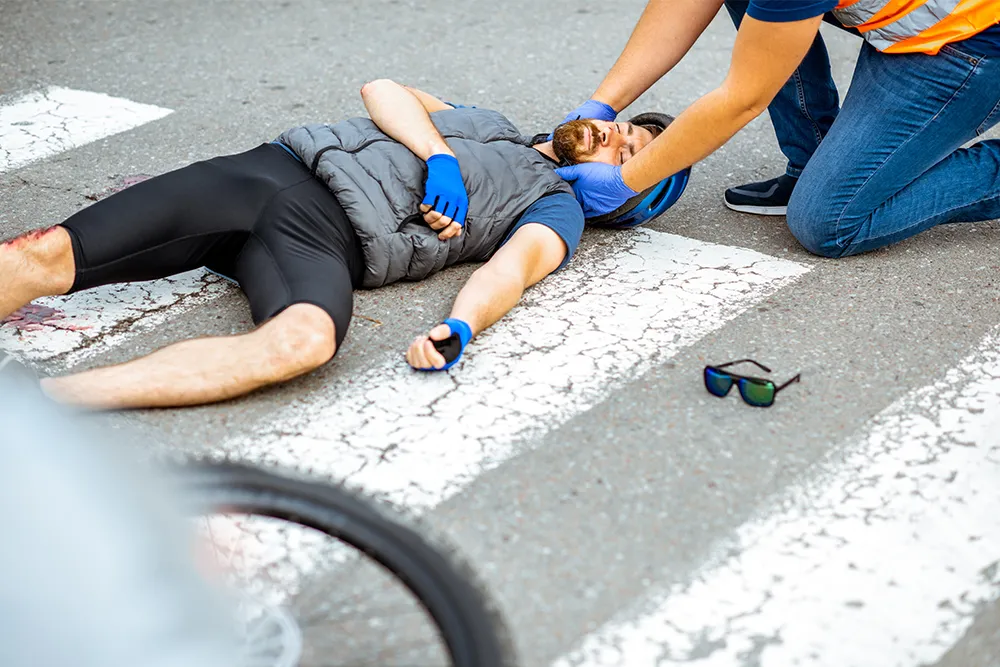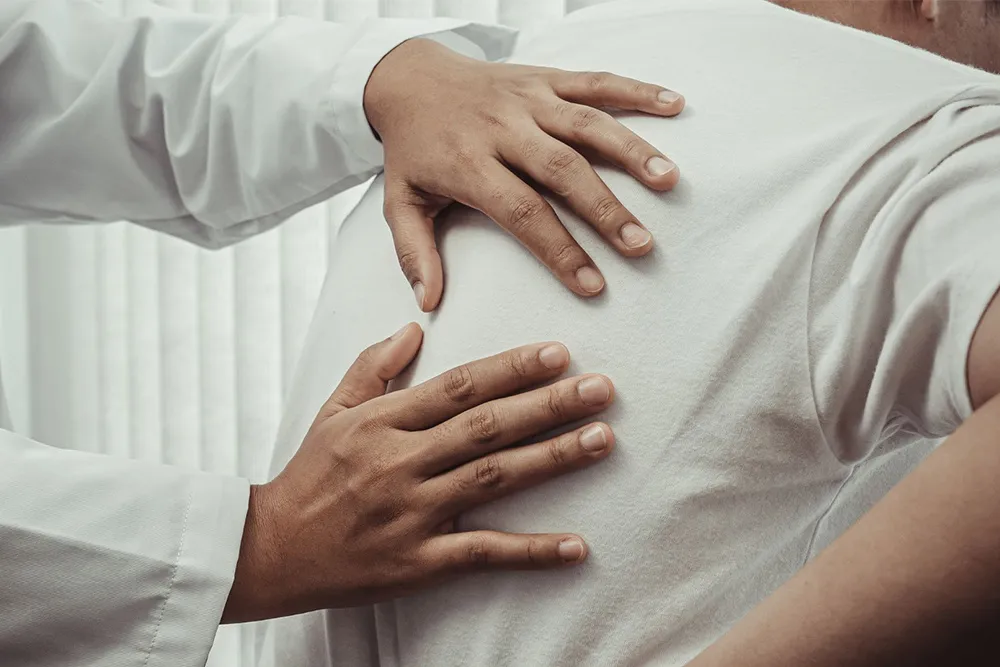In personal injury cases in Florida, the core objective revolves around proving the negligence and fault of the defendant, demonstrating that the injury or harm inflicted on the plaintiff was a result of the defendant’s actions. Under Florida’s pure comparative negligence rule, the plaintiff may recover damages even if partially at fault; however, the damages are proportionally reduced based on their percentage of fault. An exception to this is in cases where the plaintiff was impaired by alcohol, and the defense chooses to argue the alcohol defense statute. If the defendant can successfully prove that the plaintiff’s impairment due to alcohol was the sole cause of the injury or harm, the plaintiff may be barred from recovering any damages. It’s crucial for plaintiff’s in personal injury cases to understand when alcohol intoxication can be used as a defense, and how it can impact your claim.
What Is The Alcohol Defense Provision?
The alcohol defense, as outlined in the Florida Statute: 768.36, is a legal provision that can potentially exonerate a defendant from liability. For this defense to be applicable, two criteria must be met:
- The plaintiff must have been under the influence of alcohol or drugs to the extent that their normal faculties were impaired, or their blood alcohol level was 0.08 percent or higher at the time of injury.
- The plaintiff’s intoxication was more than 50 percent at-fault for their own injury.
If this criteria is met, this is when alcohol intoxication can be used as a defense. It’s important to note here that the burden of proof lies with the defendant to provide evidence that proves the plaintiff’s impairment contributed to the accident in order to establish the alcohol defense.
How The Alcohol Defense Statute Can Impact Plaintiff Evidence
The alcohol defense in personal injury cases can cast doubt on the plaintiff’s evidence by scrutinizing their impairment. For example:
- Medical Records: The mention of alcohol-related injuries or symptoms and toxicology reports challenges credibility and establishes a connection between alcohol consumption and the plaintiff’s injuries.
- Witness Testimony & Police Reports: Witness testimony and police reports that note plaintiff impairment from alcohol consumption or records them being under the influence, can cast doubt on the plaintiff’s version of events, impact their credibility, and alter the jury’s perception of their actions.
If the defense successfully establishes that the plaintiff’s impairment was a result of alcohol consumption and not the defendant’s actions, it can result in a reduced award or even a complete dismissal of the case.
Looking At The Alcohol Defense in the Real World: Mainstreet Entertainment v. Guardianship of Jacquelyn Faircloth
A notable case involving the alcohol defense is the Mainstreet Entertainment v. Guardianship of Jacquelyn Faircloth; a drunk driving case involving two bars, both of which served alcohol to the individuals involved in the accident. The case brings about questions surrounding the apportionment of liability between the driver, pedestrian, and the alcohol vendors.
What Happened?
In this case, two bars, Potbelly’s and Cantina 101, served alcohol to individuals who were later involved in a car accident. Faircloth, a pedestrian, was severely injured when she was hit by an intoxicated underage driver who had consumed alcohol at one of the bars. Faircloth’s guardianship sued both bars, alleging that they had served alcohol to a minor, which contributed to the accident and her injuries.
Florida’s Dram Shop Law
Florida’s Dram Shop Law (F.S. 768.125) was applied to determine the liability of the bars that served alcohol to the driver and the pedestrian. This law holds alcohol vendors liable in limited circumstances, such as when alcohol is sold or furnished to someone not of lawful drinking age, or to a person habitually addicted to alcohol.
Both bars were found jointly and equally responsible; however, the bar that served Faircloth did not respond to litigation, and the court entered a default judgment, reserving the question of damages for later. The case against the other bar that served the driver went to trial, and the court initially awarded Faircloth $28.6 million.
The Appeal & Assertion of the Alcohol Defense
The bar that served the driver, Potbelly’s, appealed arguing that it should have been allowed to assert the comparative fault and alcohol defense statutes, which would reduce its liability based on the percentage of fault attributed to Faircloth and the driver. The First Defense Court of Appeal (appellate court) agreed with Potbelly’s and reversed the trial court ruling, holding that the trial court erred in refusing to permit these defenses. The Guardianship of Faircloth then also appealed to the Florida Supreme Court, which has not issued a decision on the case.
Complexity of Drunk Driving in Florida: Why You Should Hire a Personal Injury Lawyer
The Mainstreet Entertainment v. Guardianship of Faircloth case highlights the complexity of Florida drunk driving personal injury lawsuits and the importance of the alcohol defense. To navigate these complexities, it is crucial for plaintiffs to seek legal advice and hire an experienced personal injury attorney who can counter the alcohol defense and strengthen your case. Reach out to the Personal Injury Lawyers of Florida for a free consultation at: 561-507-5700, 24 hours a day | 7 Days a week, to ensure your rights are protected.
![]() January 22, 2024
January 22, 2024




